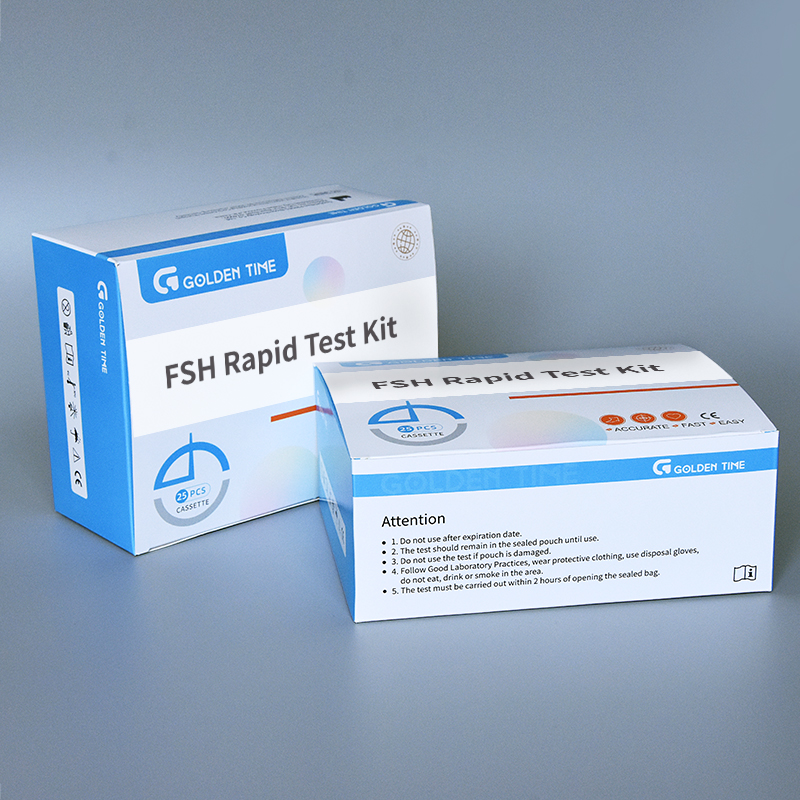Nov . 12, 2024 05:34 Back to list
wholesale hiv self test kit price supplier
Wholesale HIV Self-Test Kit Price Supplier A Comprehensive Overview
In recent years, the global landscape of health care has increasingly emphasized the importance of early detection and prevention of diseases, particularly in the case of HIV/AIDS. As one of the most significant public health challenges, HIV has prompted the need for accessible testing methods. In this context, the emergence of HIV self-test kits has revolutionized how individuals can take control of their health. Wholesale suppliers of HIV self-test kits play a crucial role in this paradigm shift, providing affordable access to testing for a wide range of users.
The Importance of HIV Self-Testing
HIV self-testing empowers individuals to know their status in the privacy of their homes, removing many barriers associated with traditional testing methods. Traditionally, individuals had to visit health care facilities, which often involved long waits and potential stigma. With self-test kits, users can perform the test themselves, making the process confidential and convenient. This approach not only encourages more people to get tested, thus increasing the overall rates of diagnosis but also plays a vital part in minimizing the spread of the virus.
The Role of Wholesale Suppliers
Wholesale suppliers are essential players in the dissemination of HIV self-test kits. These suppliers typically operate by purchasing kits in bulk from manufacturers and then distributing them to pharmacies, health care providers, and institutions at a reduced cost. This model not only helps suppliers to keep prices low but also enables other entities to offer self-test kits at affordable prices, thereby making testing accessible to a broader audience.
As the demand for HIV self-test kits grows, reputable wholesale suppliers must keep pace with trends in pricing, product quality, and regulatory compliance. Suppliers need to ensure that their products meet international standards and regulations, as well as local health authority guidelines. This not only protects their business interests but also ensures consumer safety and efficacy of the testing process.
Pricing Factors
wholesale hiv self test kit price supplier

The price of HIV self-test kits can vary based on numerous factors including the manufacturer, the technology used in the kit, and the quantity purchased. Wholesale suppliers often negotiate prices directly with manufacturers, which allows them to offer competitive rates to retailers and health service providers. Furthermore, economies of scale come into play larger orders often result in lower per-unit costs. This can make a significant difference in settings where multiple tests are needed, such as clinics or community health programs.
Market dynamics also influence pricing. For instance, increased demand for self-test kits—especially during health campaigns or in response to rising HIV rates—may lead to shifts in wholesale prices. Conversely, if a new, more effective testing method is introduced, it may lead to a decrease in prices for older kits as suppliers seek to clear older inventory.
The Impact of Government Initiatives
Government initiatives and funding play a vital role in shaping the market for HIV self-test kits. Many countries have recognized the urgent need for HIV testing and have implemented programs to subsidize testing kits or provide them for free in high-prevalence areas. Wholesale suppliers often collaborate with governments and non-governmental organizations (NGOs) to distribute these kits effectively. Such partnerships can enhance supply chain efficiencies, ensuring that test kits reach underserved populations rapidly.
The Future of HIV Self-Test Kits and Wholesale Supply
As the awareness of HIV continues to increase and technology advances, the future of HIV self-test kits looks promising. Innovators are continually developing more sensitive and user-friendly tests. The role of wholesale suppliers will be vital in ensuring that these advancements are made accessible and affordable to all segments of the population.
In conclusion, wholesale HIV self-test kit price suppliers are an integral part of the global health infrastructure. By providing affordable and accessible testing solutions, they contribute significantly to the fight against HIV/AIDS. As awareness and technology evolve, these suppliers will undoubtedly play a role in supporting public health initiatives, fostering an environment where individuals can take proactive steps in managing their health and well-being. The push for wider access to HIV testing is not merely a public health issue but a human right, and wholesale suppliers are at the forefront of making that a reality.
-
Reliable Early Pregnancy Test Kit Supplier - Multi Plastic Cassette Options
NewsJul.30,2025
-
Transferrin Rapid Test Cassette – Reliable Tumor Marker Detection
NewsJul.29,2025
-
Accurate Follicle Stimulating Hormone Test Kit | Rapid Reliable Results
NewsJul.29,2025
-
High Accuracy LH Ovulation Test Kit - Digital Results & Wholesale Options
NewsJul.29,2025
-
HbsAg Blood Rapid Test Kit for Fast & Accurate Hepatitis B Detection
NewsJul.28,2025
-
Sterile Urine Cup for Safe & Easy Collection | High-Quality Specimen Cups
NewsJul.28,2025

